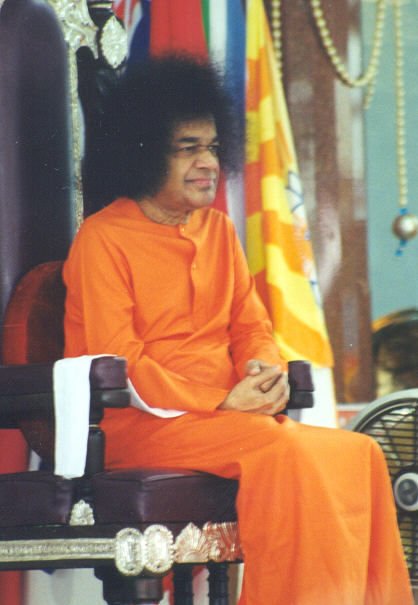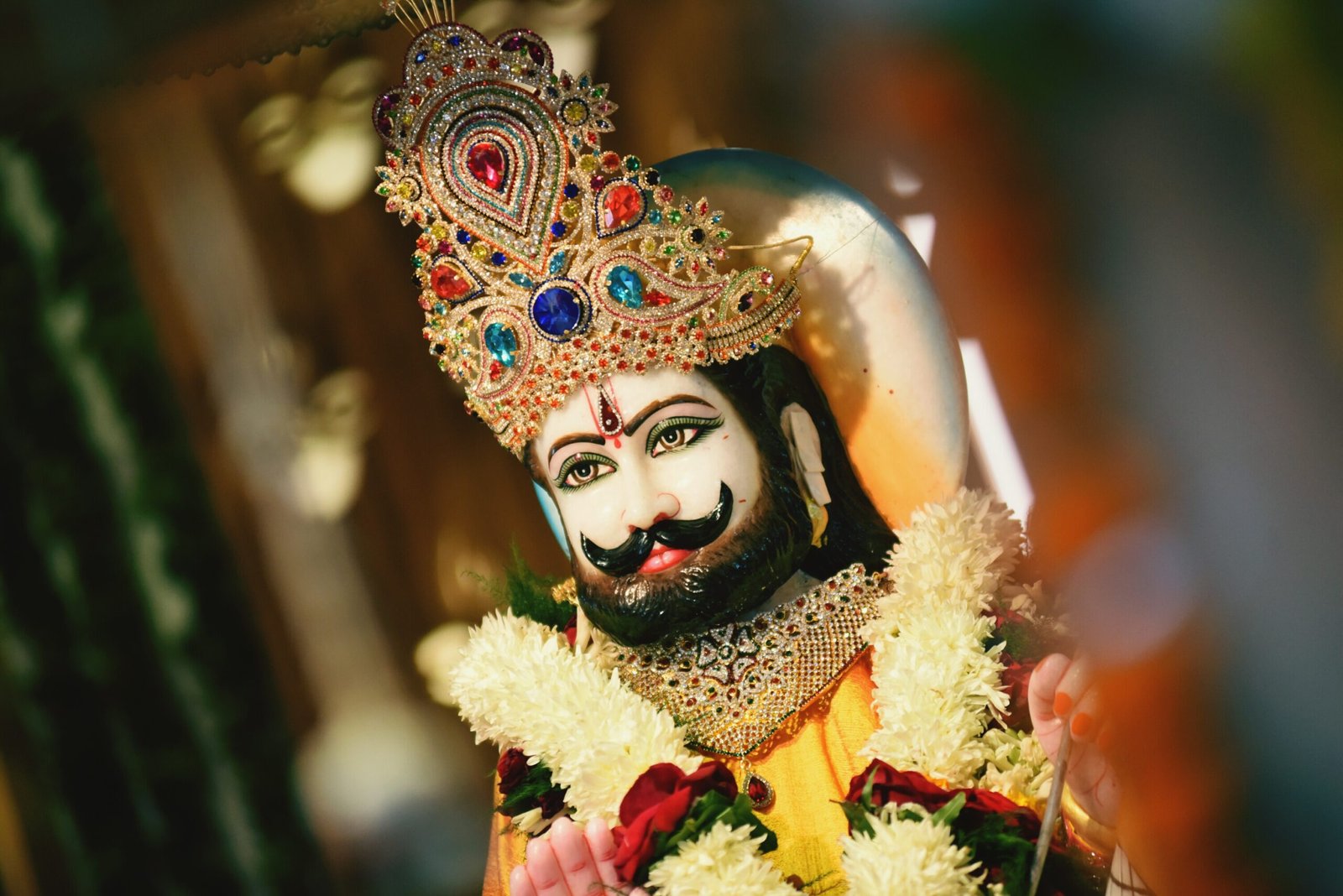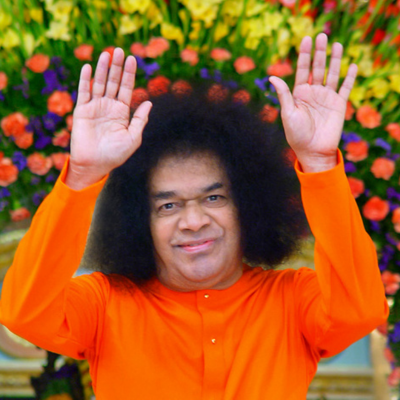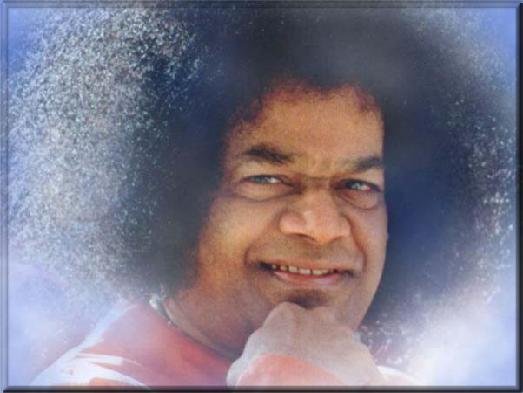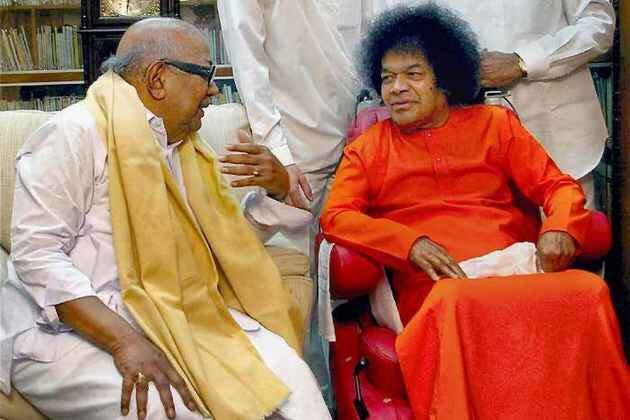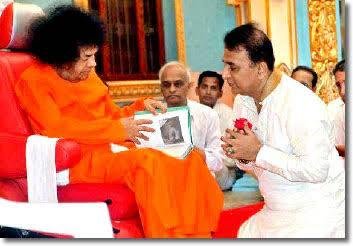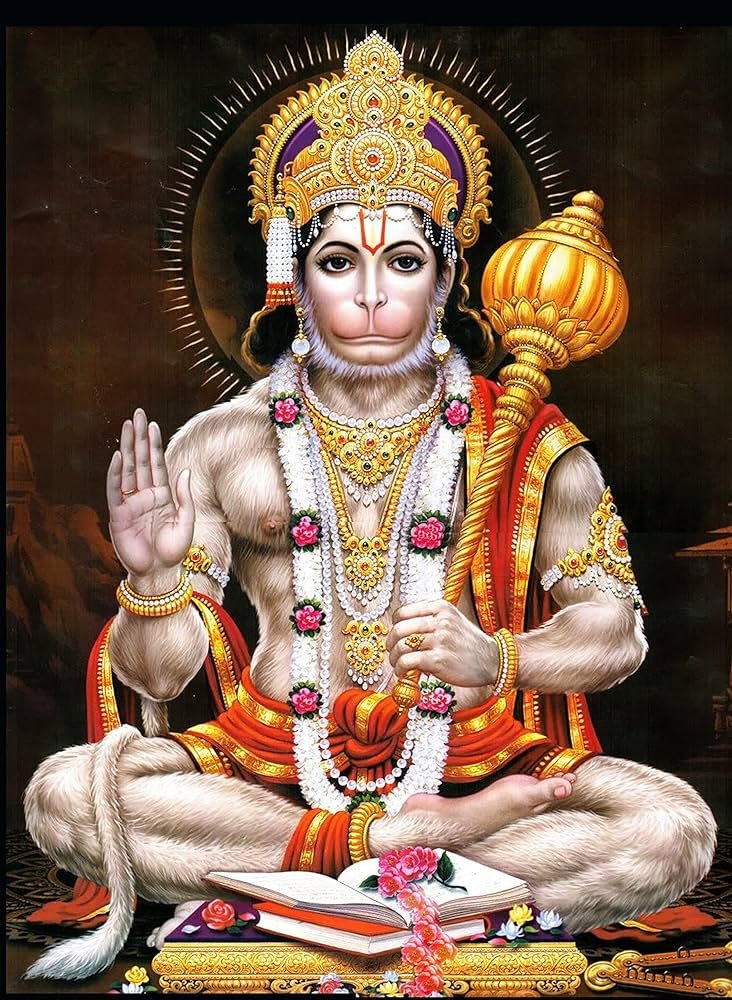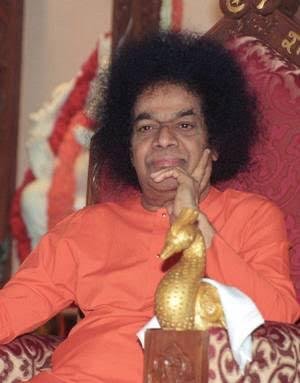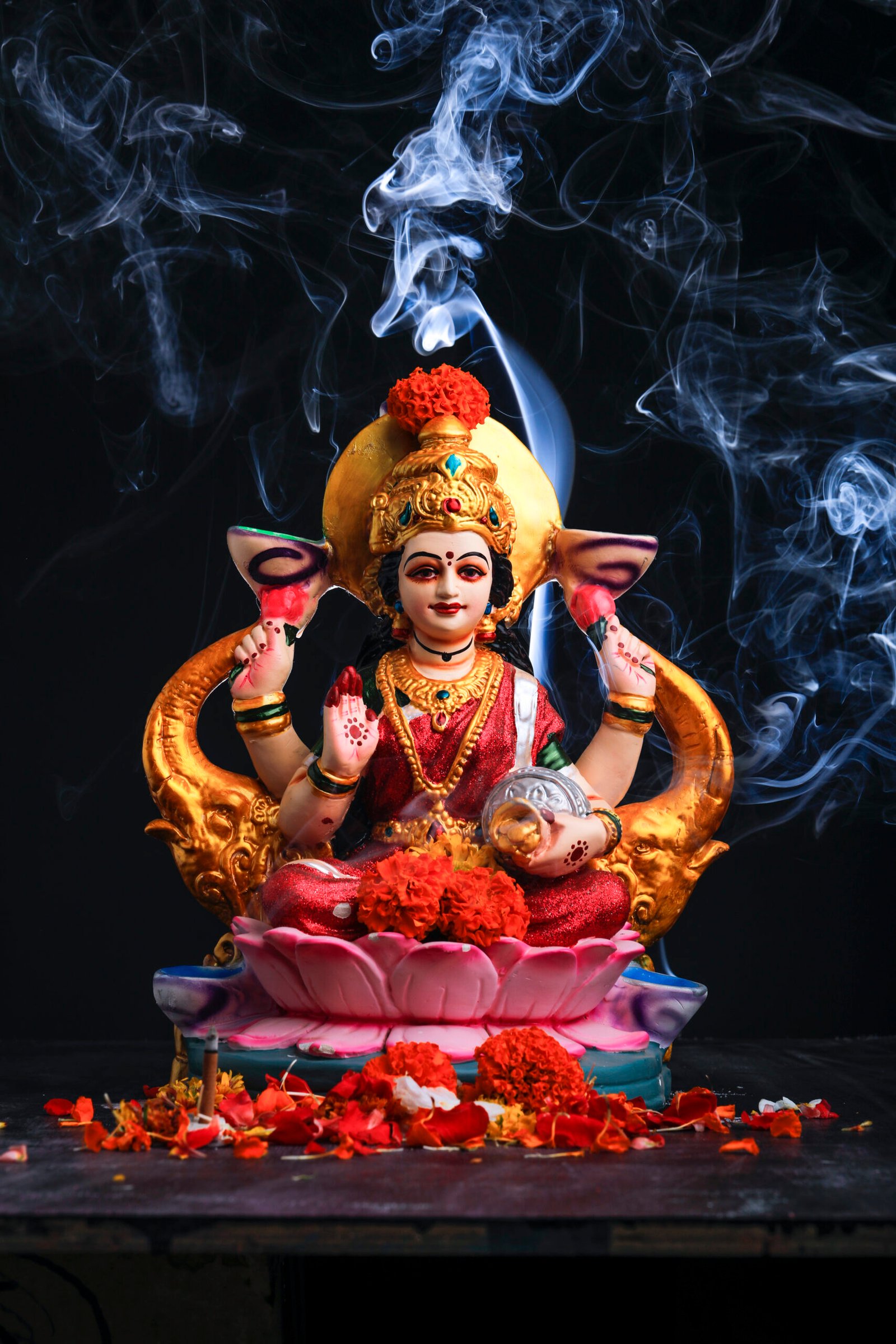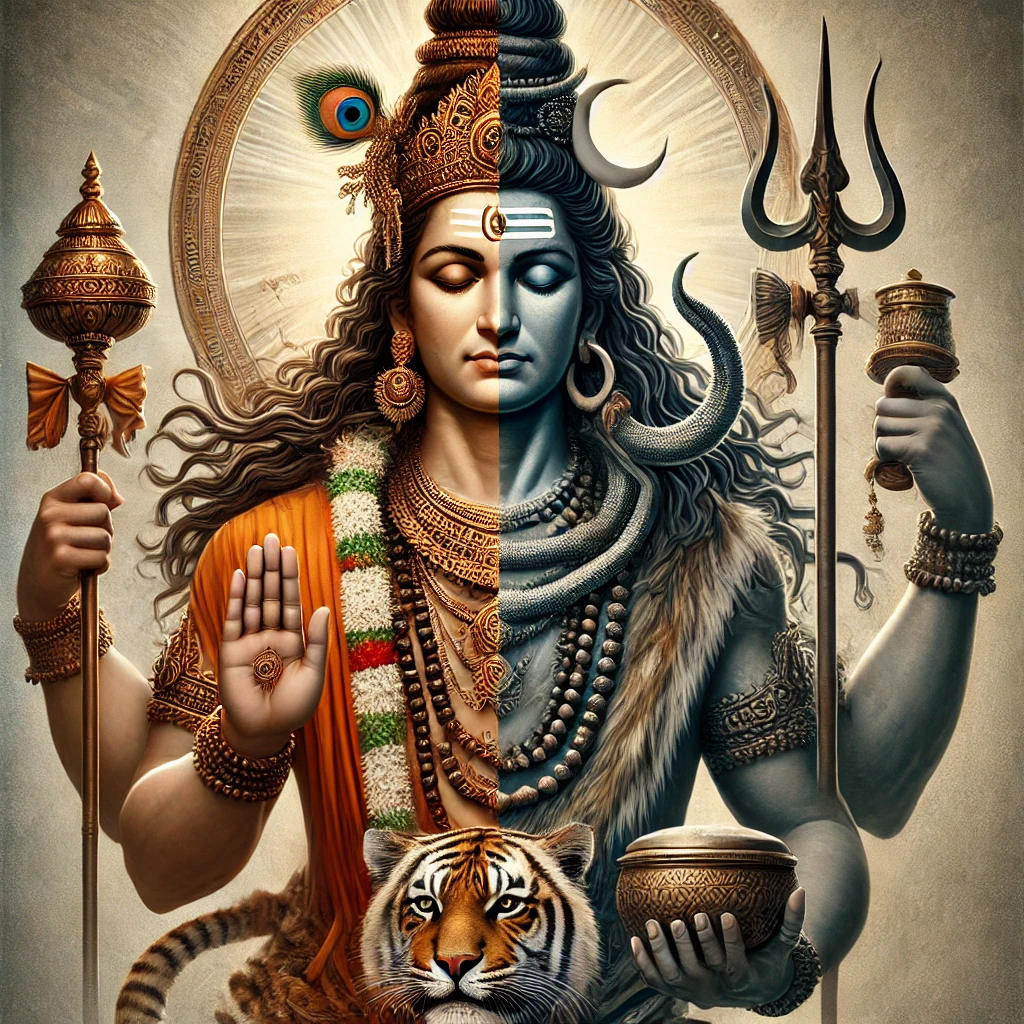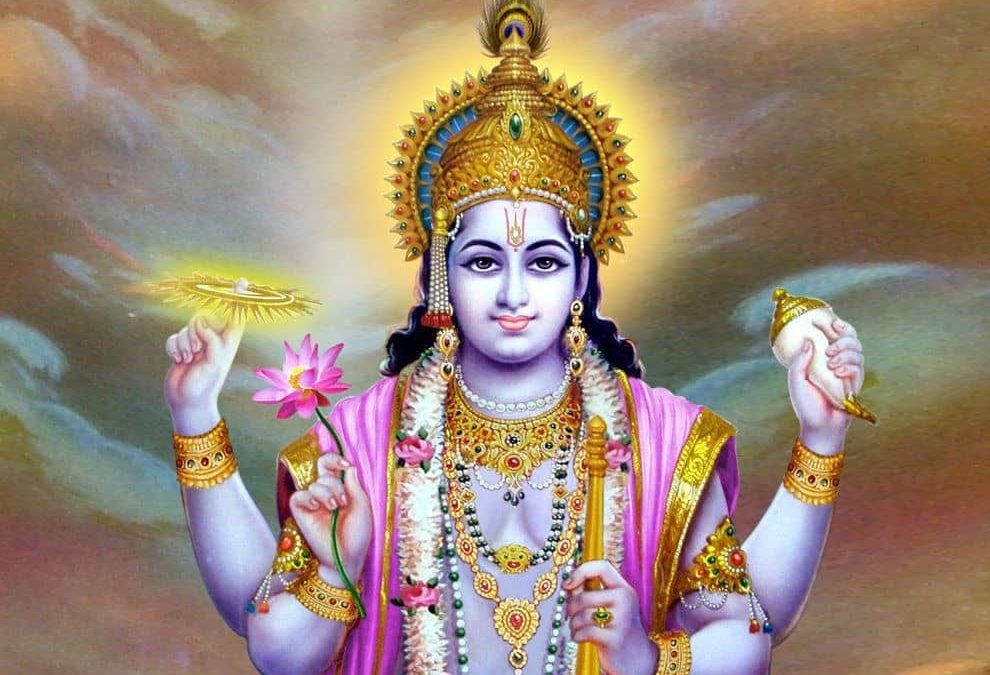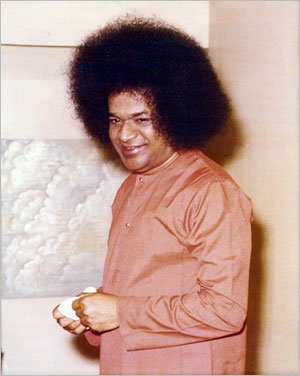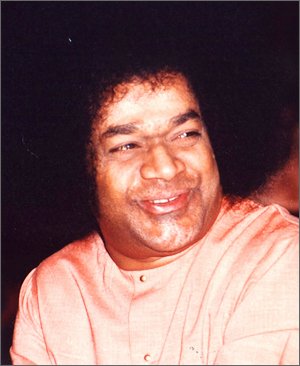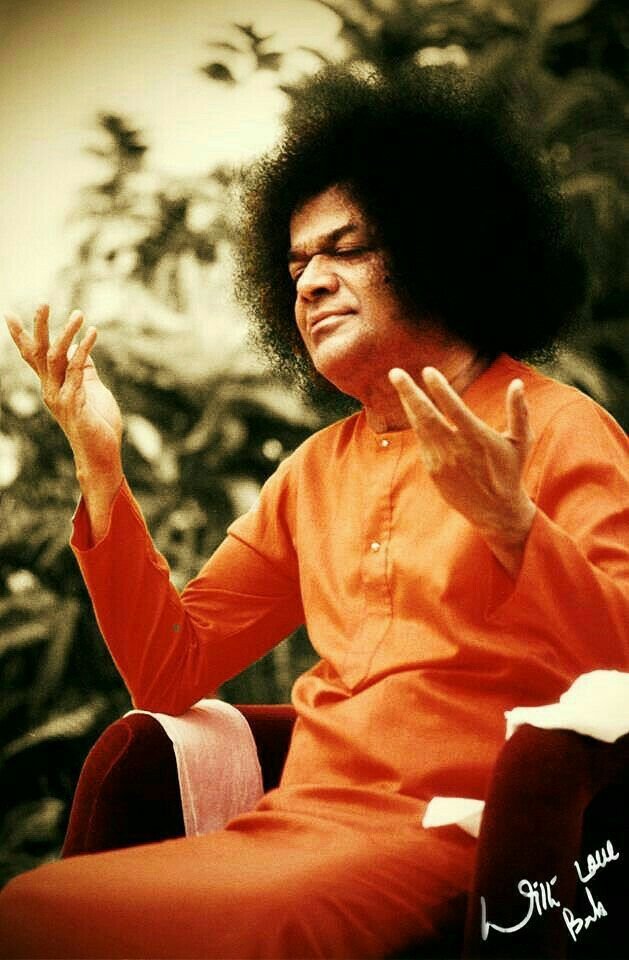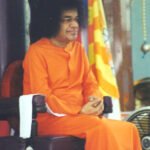Vibhuti Pada
Vibhuti Pada
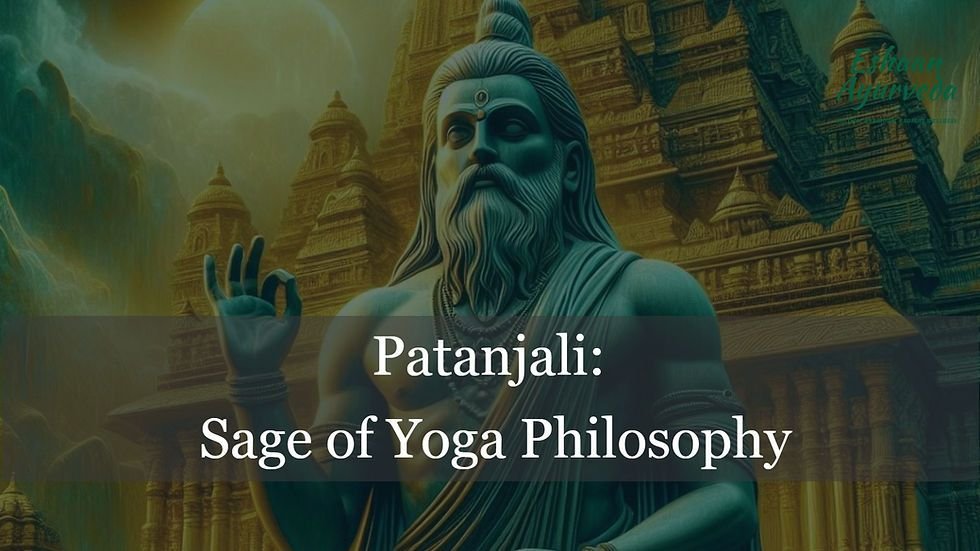
The Vibhuti Pada, or “Chapter on Powers and Perfections,” is the third section of Patanjali’s Yoga Sutras and focuses on the extraordinary abilities that can arise through deep yoga practice. While the first two chapters — Samadhi Pada and Sādhana Pada — discuss the theory and practice of yoga, the Vibhuti Pada describes the results and powers (siddhis) that come from mastery over the mind, breath, and concentration. Patanjali emphasizes that these powers are not the ultimate goal of yoga; they are by-products of sincere practice and mental discipline. The real aim remains liberation (Kaivalya), but understanding these powers can help the practitioner recognize the stages of spiritual progress.
Patanjali explains that through Dharana (concentration), Dhyana (meditation), and Samadhi (absorption), the yogi can gain control over the mind and body, leading to various siddhis. These include abilities such as heightened perception, control over the elements, extraordinary memory, and even the power to influence matter or energy. The text classifies these powers according to the type of concentration and the object of meditation. However, Patanjali repeatedly warns that attachment to these powers can distract the practitioner from the true purpose of yoga and cause ego, pride, or misuse. True wisdom lies in using them as milestones, not goals.
The chapter also describes the mental and spiritual practices that give rise to these siddhis. By purifying the mind, practicing deep meditation, and cultivating detachment and discernment, the yogi develops clarity, intuition, and self-mastery. These powers are natural expressions of a mind that has transcended ordinary limitations. Patanjali teaches that the disciplined yogi experiences effortless control over the body, senses, and thoughts. Even the laws of nature, such as time, space, and energy, appear to be influenced by a yogi in deep Samadhi. This demonstrates that the human mind has enormous potential when fully focused and free from distractions.
Ultimately, the Vibhuti Pada stresses that these powers are temporary and should not become the seeker’s aim. They are signs of progress, not the final destination. The chapter reminds the practitioner that the ultimate purpose of yoga is still liberation — Kaivalya, the state of absolute freedom and pure consciousness. Siddhis may appear, but the wise yogi remains unattached, using them only to deepen insight, devotion, and spiritual understanding. In this way, the Vibhuti Pada bridges the practical discipline of Sādhana Pāda and the ultimate liberation described in the Kaivalya Pāda, showing that power without detachment is incomplete, but power with detachment supports the path to eternal freedom.





